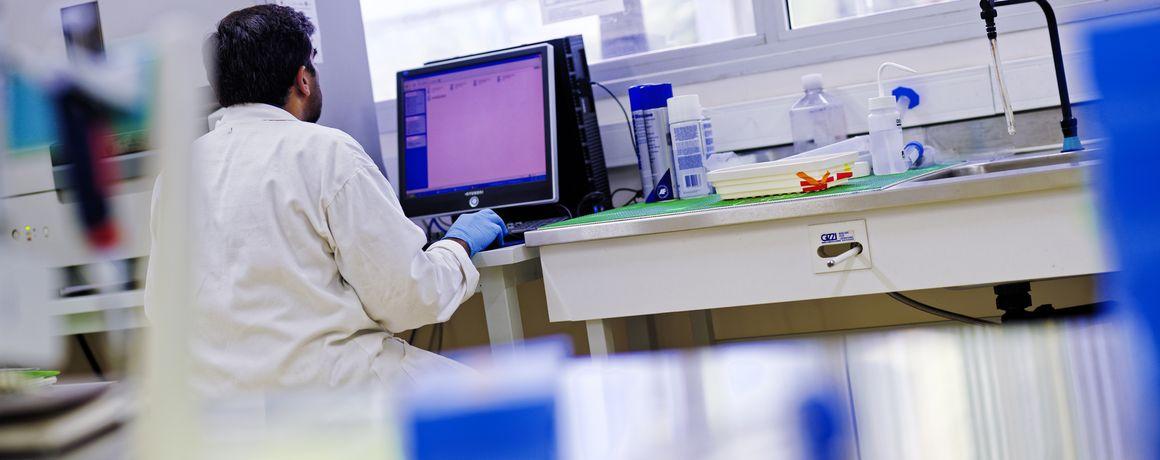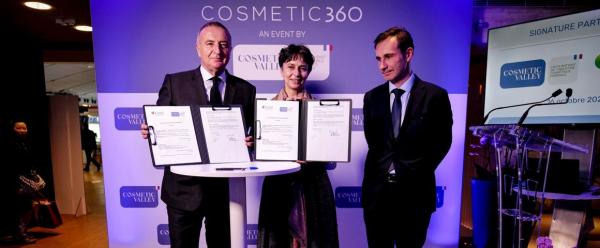Institutional news 24 November 2025
- Home
- Press area
- Press releases
- CoARA : reforming research assessment
CIRAD has joined the Coalition for Advancing Research Assessment

© R. Carayol, CIRAD
CIRAD recently signed the agreement for reforming research assessment and joined CoARA (Coalition for Advancing Research Assessment).
The agreement includes four core commitments to:
- recognize the diversity of contributions to, and careers in, research in accordance with the needs and nature of the research;
- base research assessment primarily on qualitative evaluation for which peer review is central, supported by responsible use of quantitative indicators;
- abandon inappropriate uses in research assessment of journal- and publication-based metrics, in particular inappropriate uses of Journal Impact Factor (JIF) and h-index;
- avoid the use of rankings of research organizations in research assessment.
In signing the agreement and joining the coalition, CIRAD, along with the 360 other signatory organizations, including 38 in France (as of 18 November 2022), has committed to contribute to the reform and share relevant progress with the other signatories and with the community as a whole.
In 2018, CIRAD signed the San Francisco Declaration on Research Assessment (DORA) defending the principle of no longer using journal-based metrics — such as impact factor — to measure the quality of research articles, assess the contributions of a given researcher, recruit, promote work, or make funding decisions.
In addition to signing up to DORA and CoARA, CIRAD's remit for targeted research overseas, notably with its partners in the global South means that it has been committed for many years to novel, in-depth targeted research assessment approaches, such as the work by the EREFIN group on a national level, with other French organizations (up to 2016) and the ImpresS method, which studies the diversity and quality of CIRAD's research results and their expected and observed impacts.



























